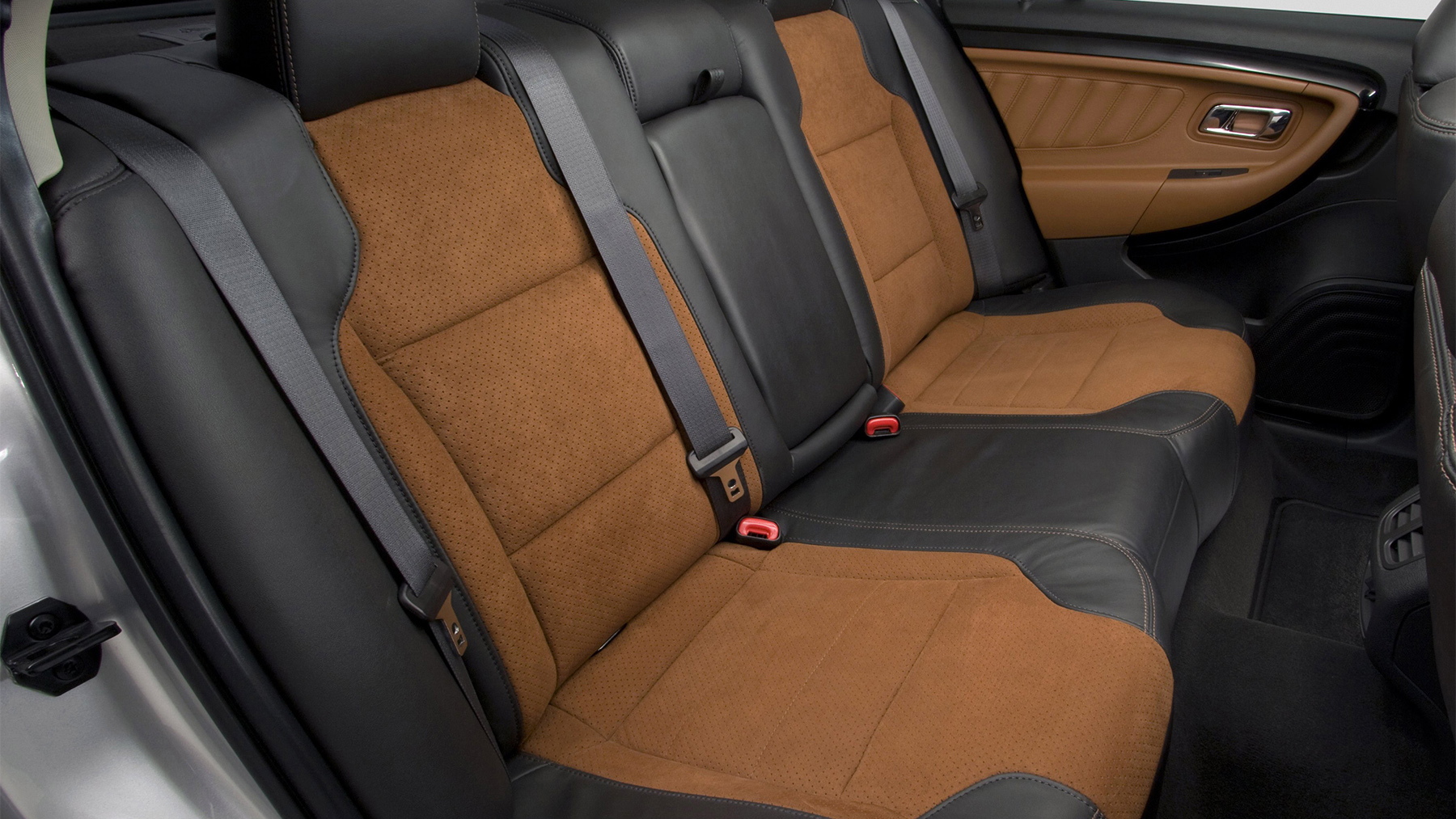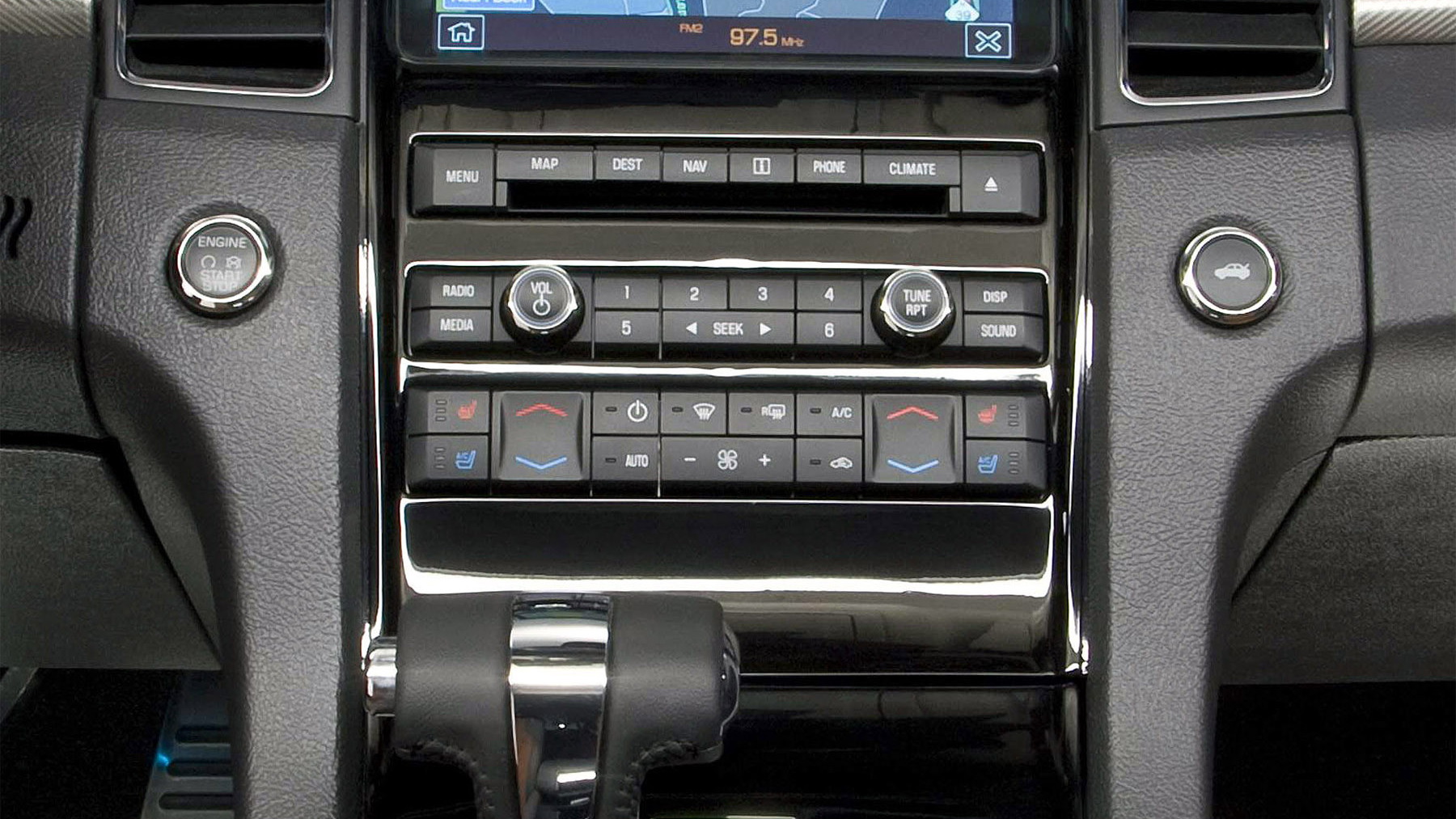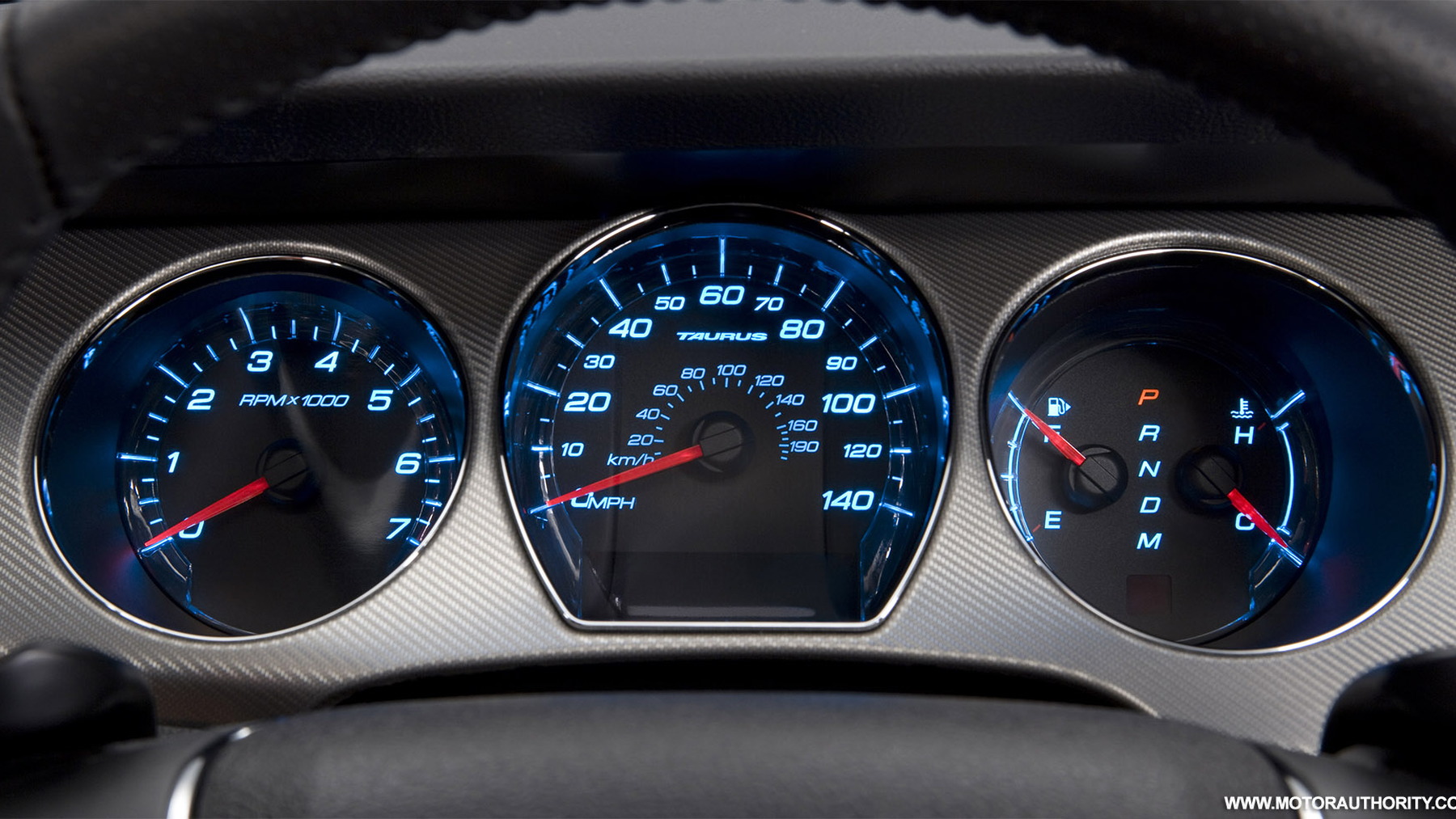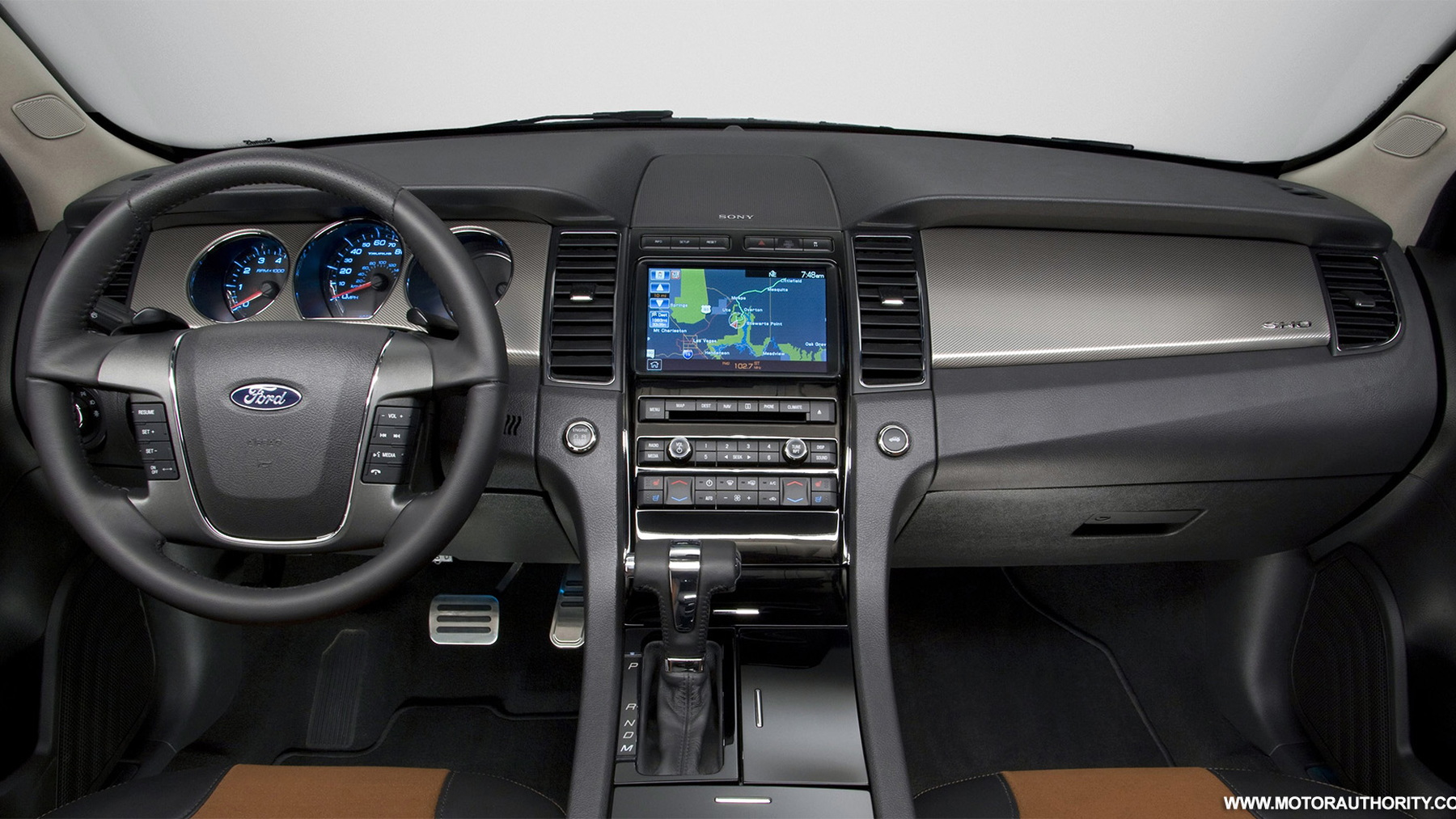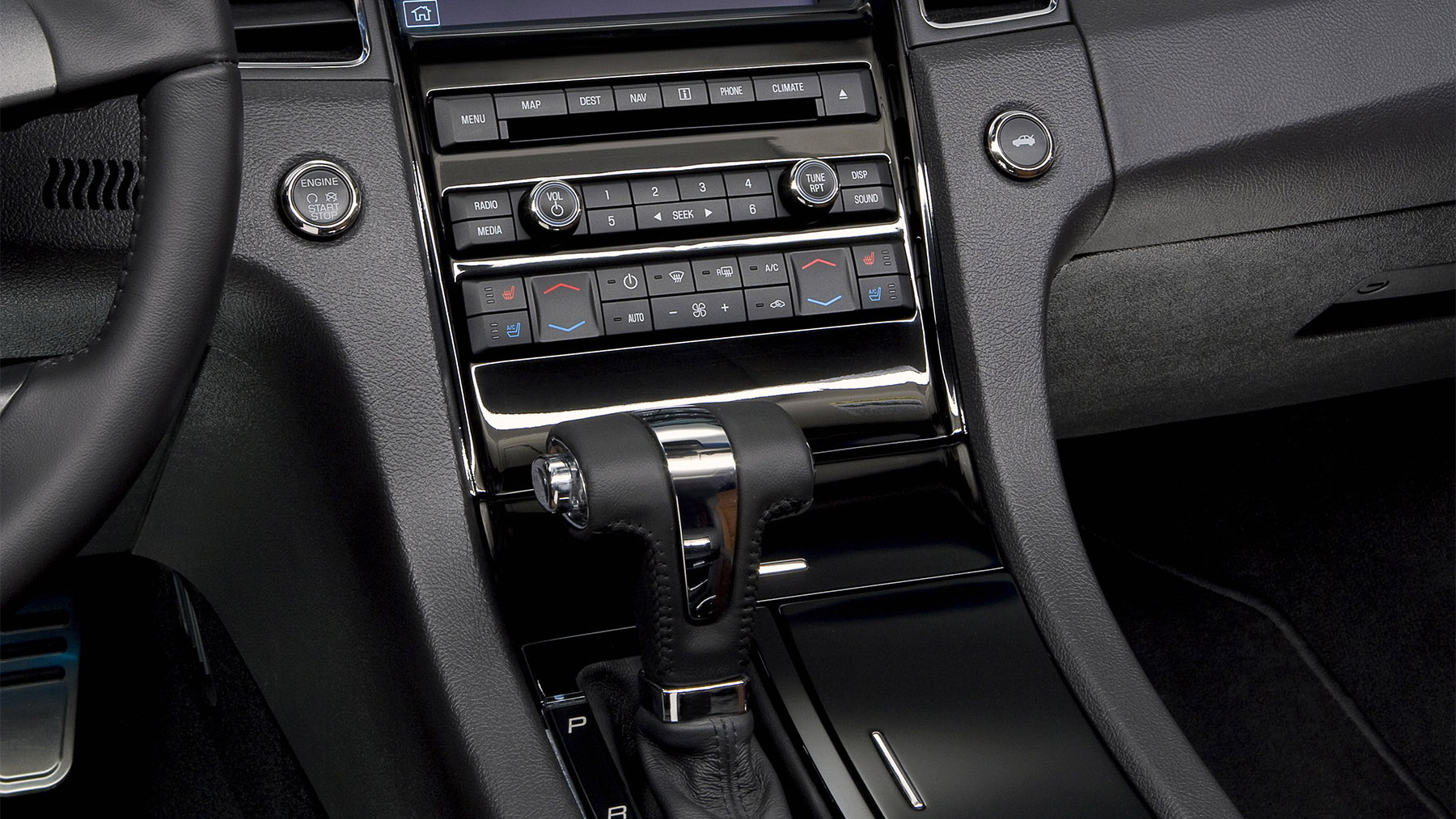It's not surprising to find that 63% of American buyers have a 'positive perception' of Ford, though the rise from a 41% rating before Chrysler and GM approached the government for loans in 2008 is huge.
"The fact that Ford did not take government loan money appears to have had a significant positive impact on how consumers perceive the Ford brand," said Matt Bowen, president and CEO of Aloft Group, the company that performed the study. "Changing consumers' perception of a brand is typically a slow and uphill process. This is very unusual in that this positive brand perception upswing occurred in a relatively short time frame and under intense global scrutiny of the auto industry. This could considerably impact Ford's long term brand value."
On the other side of the coin, GM and Chrysler's brand and car values have already been seriously impacted both by their perceived weakness and by rumors - and realities - of bankruptcy. In March, we told you how GM and Chrysler both saw residual values drop by 7-9%, well ahead of the industry average of 5%. And this is in spite of a recent survey that found 73% of U.S. consumers are looking to buy a new American-made car in the next two years.
Ford's future looks decidedly brighter, however, with 33% of those surveyed by Aloft saying they are now more likely to buy a Ford than before, and the turnaround was especially strong with women - 65% now have 'positive perceptions' of the brand, though only 39% did before. Interestingly, the survey doesn't credit the improvement to newly released products like the 2010 Fusion Hybrid or the 2010 Taurus SHO (pictured) at all, instead basing the changed perceptions solely on Ford's decision to refuse any federal bailout funds.
Whether surveys like this will translate directly into new car sales and improved market share is an open question, however, and the answer isn't likely to be known in the near term, as the market slowly recovers and takes on its new, lighter profile.
